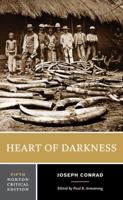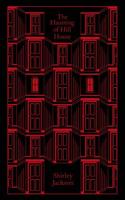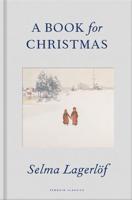Publisher's Synopsis
The early Christians received the Sacred Books of the Jews as inspired Scripture containing a divine revelation and clothed with divine authority, and till well on in the first century of the Christian era the name Scriptures was applied exclusively to these books. In time, as they came to attach the same authority to the Epistles and Gospels, and to call them, too, Scriptures (2 Pet. iii. 16), they distinguished the Christian writings as the Scriptures of the new dispensation, or, as they called it, the "new covenant," from the Scriptures of the "old covenant" (2 Cor. iii. 6, 14), the Bible of the Jews. The Greek word for covenant (diatheke) was rendered in the early Latin translation by testamentum, and the two bodies of Scripture themselves were called the Old Testament and the New Testament respectively. The Scriptures of the Jews were written in Hebrew, the older language of the people; but a few chapters in Ezra and Daniel are in Aramaic, which gradually replaced Hebrew as the vernacular of Palestine from the fifth century B.C. The Sacred Books comprise the Law, that is, the Five Books of Moses; the Prophets, under which name are included the older historical books (Joshua, Judges, Samuel, Kings) as well as what we call the Prophets (Isaiah, Jeremiah, Ezekiel, and the Twelve, i.e. Minor Prophets); a third group, of less homogeneous character, had no more distinctive name than the "Scriptures"; it included Ruth, Psalms, Job, Proverbs, Ecclesiastes, Song of Songs, Lamentations, Daniel, Esther, Ezra-Nehemiah, and Chronicles. The Minor Prophets counted as one book; and the division of Samuel, Kings, Ezra-Nehemiah, and Chronicles each into two books was made later, and perhaps only in Christian copies of the Bible. There are, consequently, according to the Jewish enumeration twenty-four books in the Bible, while in the English Old Testament, by subdivision, we count the same books as thirty-nine."









